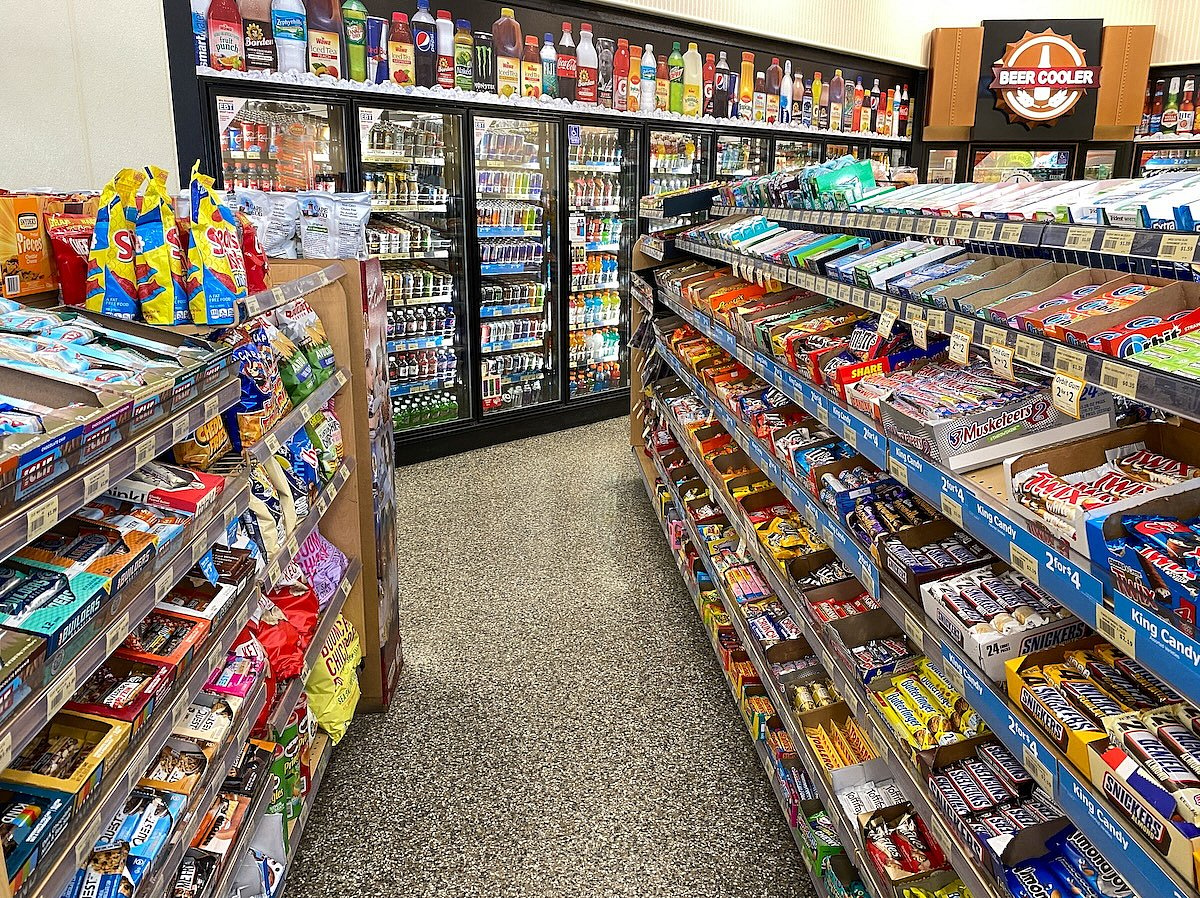Get Healthy!

- Posted September 11, 2025
Food Deserts Potentially Deadly For People With Irregular Heartbeat
THURSDAY, Sept. 11, 2025 (HealthDay News) — Living in a food desert can be potentially deadly to people with irregular heart beats, a new study says.
Patients with atrial fibrillation have a doubled risk for stroke and nearly quadrupled risk of early death if they live in a neighborhood without a nearby full-service grocery store, researchers reported in the journal JACC: Advances.
“This research shows that for patients with AF, the environment they live in, the basic infrastructure of their neighborhood, can be just as important as the care they receive in the clinic,” said senior researcher Dr. Nassir Marrouche, director of the Tulane University Heart and Vascular Institute in New Orleans.
“Something as fundamental as access to healthy food could literally save lives,” he said in a news release.
Atrial fibrillation is an irregular rhythm in the upper chambers of the heart, known as the atria. This quivering heartbeat allows blood to pool and clot in the atria, increasing by fivefold a person’s risk for stroke, according to the American Heart Association.
Health problems related to a poor diet — obesity, high blood pressure and type 2 diabetes — also increase a person’s risk for atrial fibrillation, also known as A-Fib or AF, researchers said in background notes.
To see if unhealthy eating can cause further harm to people who’ve developed A-Fib, researchers analyzed health records for more than 1,500 people treated for the condition in the New Orleans area between 2010 and 2019.
More than 1,100 of the patients lived in a food desert, an area where the nearest supermarket is more than a mile away. More than 400 lived in a neighborhood with easy access to a grocery store, researchers found.
Folks in food deserts tend to eat more fast food and processed food, because their most convenient dining options are convenience stores, bodegas and restaurants, researchers said.
Results showed that A-Fib patients in food deserts were 3.8 times more likely to die within the next five years, after accounting for other risk factors.
They also were 2.2 times more likely to suffer a stroke, researchers found.
A combined measure reflecting “any bad outcome” — hospitalization, stroke or death — was 42% higher among patients in a food desert.
This risk might be driven by malnutrition, which can affect heart health, researchers speculated. A poor diet might also increase a person’s levels of inflammation or blood vessel health.
Doctors should ask their A-Fib patients about their access to healthy food and connect them to nutrition programs, researchers said.
“Early detection through expanded screening efforts can save lives in these vulnerable communities where we’ve unearthed these striking disparities,” Marrouche said.
More information
The American Heart Association has more on atrial fibrillation.
SOURCES: Tulane University, news release, Sept. 3, 2025; JACC Advances, Aug. 29, 2025







